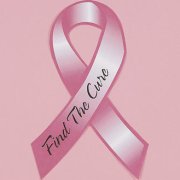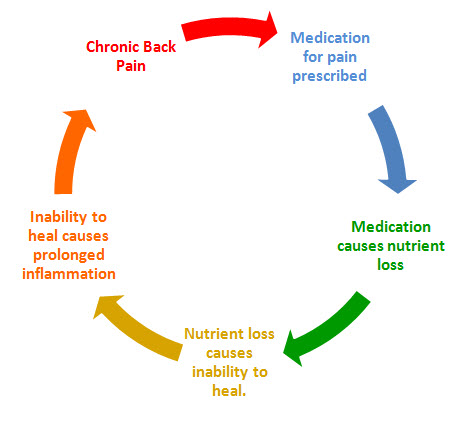 Beware the Pink Washers
Beware the Pink Washers
A new article in the journal, Environmental Justice, sheds light on this new profit building trend. What is it? Companies that try to increase sales of their products by adopting the color pink and pink ribbons to imply that they support breast cancer research but at the same time permit the use of chemicals shown to cause cancer. This practice is unethical and shameful to say the least.
Sales are often times boosted as a result of the Pink Ribbon on the package. However; if the product contains chemicals that are known to contribute to cancer, who wins? Ultimately, this practice puts you under the false impression that you are supporting a cause while simultaneously you are being provided with a product that contributes to the development of the disease you are socially fighting against.
Questions To Consider
Before being Pinkwashed consider asking the following questions:
- Does the product contribute to cancer?
- How much of the purchase price is actually donated to fund cancer research?
- Is the funding contributing to drug developments or prevention education?
Products to Be Wary OF
- Cosmetics
- Companies that sell packaged foods (especially those containing plastic packaging)
- Chemical companies (especially petrochemicals as they are known to contribute to breast cancer)
- Companies that sell products with added sugars
Source:
Environmental Justice. June 2011, 4(2): 139-144.
Wishing you excellent health,
Dr. Osborne
Dr. Osborne is an expert in functional medicine and chiropractic care. He is Board Certified in Nutritional Medicine. You can contact his office at 281-240-2229. He regularly treats patients from across the world. His office is in Sugar Land, Texas in the Greater Houston area.













